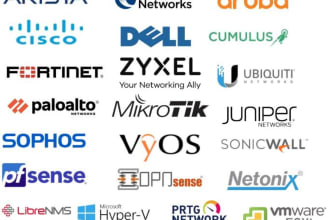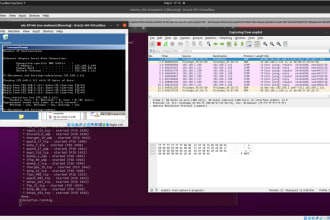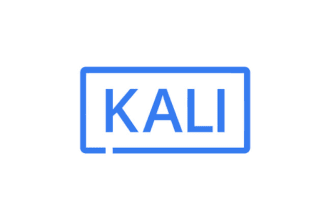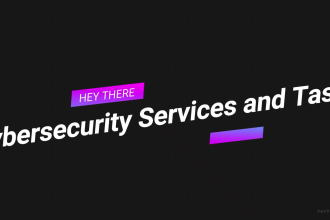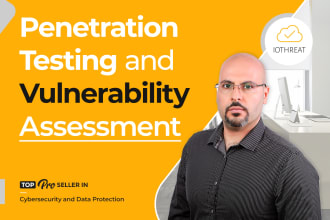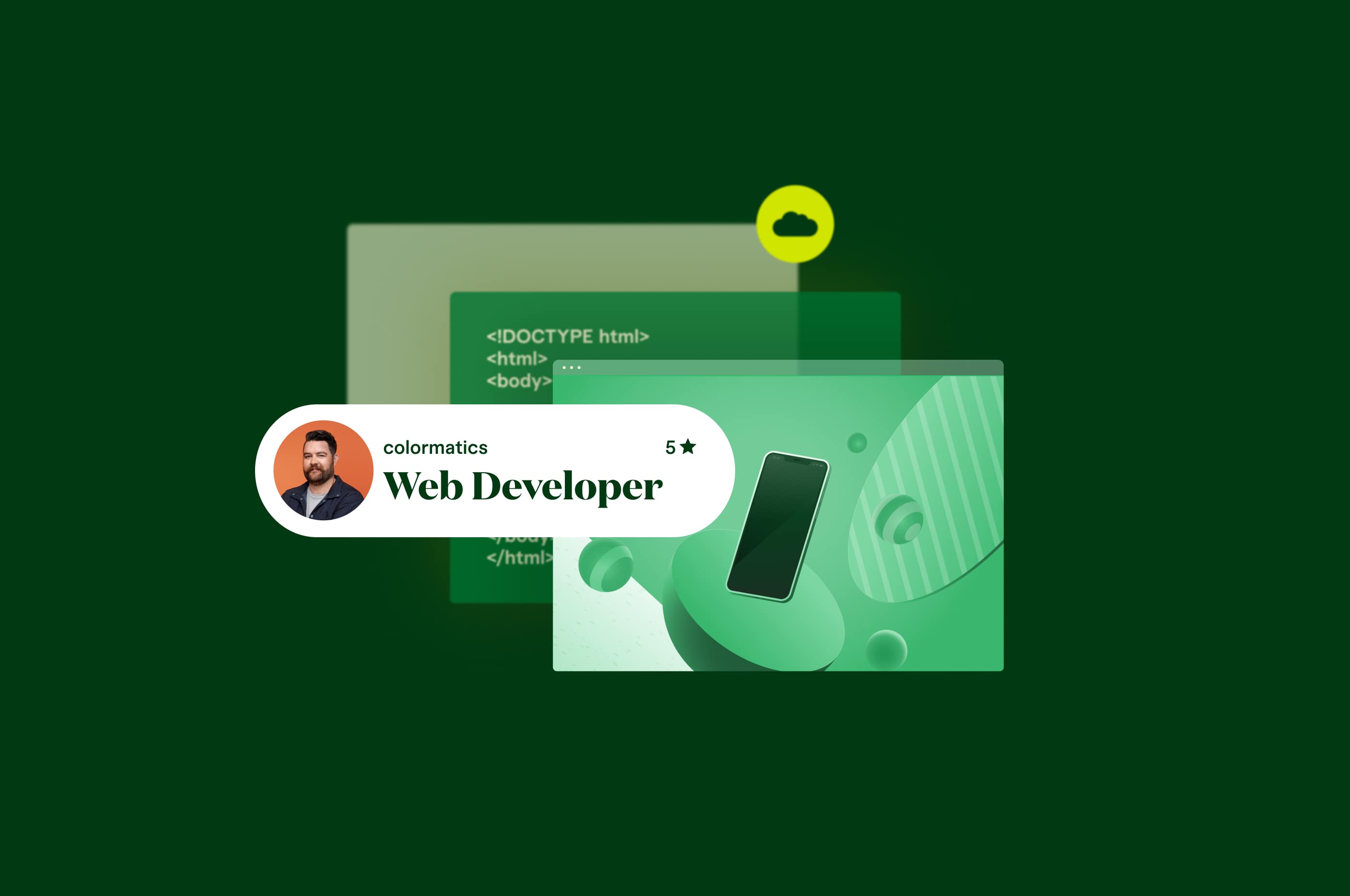Explore
Cybersecurity
Protect your business and mitigate risk with cybersecurity experts.
|
123 services available
Sort by:
Cybersecurity FAQs
What is cybersecurity?
Cybersecurity is the collection of various processes, technologies, and practices used to protect systems, networks, devices, servers, and programs from malicious attacks or unauthorized exploitation. It is also called information technology security or electronic information security.
What are some of the biggest cybersecurity threats?
Some of the biggest cybersecurity threats right now are phishing attacks (the attacker generates an official-looking fraudulent email or website to trick people into giving away sensitive information), ransomware attacks (the attacker encrypts all your data and demands a ransom if you want your data back), and deepfakes (creating fake videos to spread fake news).
What are some ways to protect my digital privacy?
You can protect your digital privacy by regularly updating your device software, using complicated passwords and two-factor authentication for your accounts, installing a password manager to store and access complicated passwords, and avoiding the sharing of personal information on social media. It's also important to stay alert for fraudulent emails or websites as they may steal your data.
Do I have to worry about hackers if I own a small organization?
虽然较大的组织是年代的理想目标ophisticated hackers, small organizations are easy prey for hackers who are not so sophisticated. This is because no matter how small your business is, you're likely to have valuable information stored online. Since your business probably has weaker online security, you might be more vulnerable to attack.
What is a firewall and do I need it?
A firewall is a hardware or software system that acts as a barrier between your device and malicious traffic online. It filters the information passed through and received by your computer over the internet, analyzes if the data is safe, and either blocks the information or allows it to pass through. Without a firewall, an attacker or hacker may connect to your computer and compromise your data. If you store all your data only on paper, data protection would not apply to you. But data protection doesn't just apply to the sensitive information. If you have a credit card, a mortgage, a bank account, or even an email, at least some of your information is online and needs to be protected.
What are the regulations type and standards for data protection like GDPR?
There are different data protection regulations, legislations, and standards around the world. For example, the European Union has a single data protection act (GDPR or General Data Protection Regulation) applicable to all member states, while the US has several legislations on the federal and state levels rather than a single legislation to cover the country. GDPR regulates companies around the world with a presence in the EU or with access to personal data of EU residents. It protects data that includes identity information, web data, health and genetic data, racial or ethnic data, and more.






